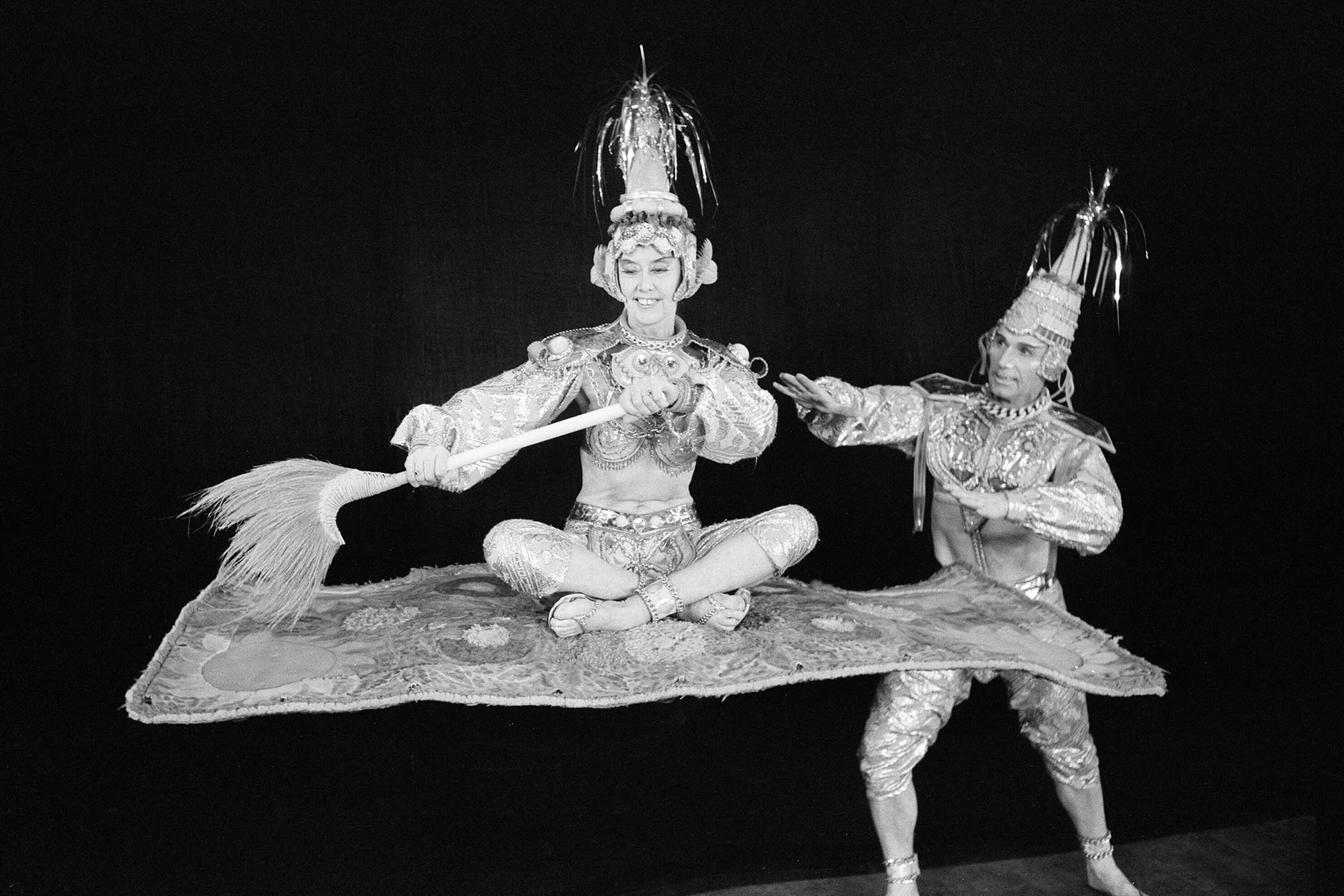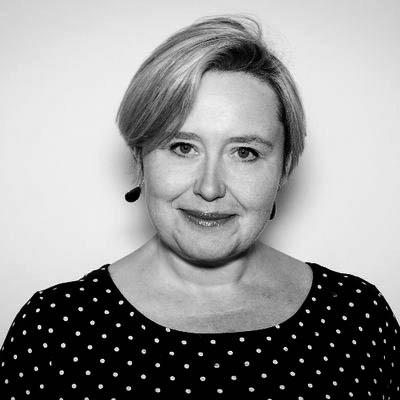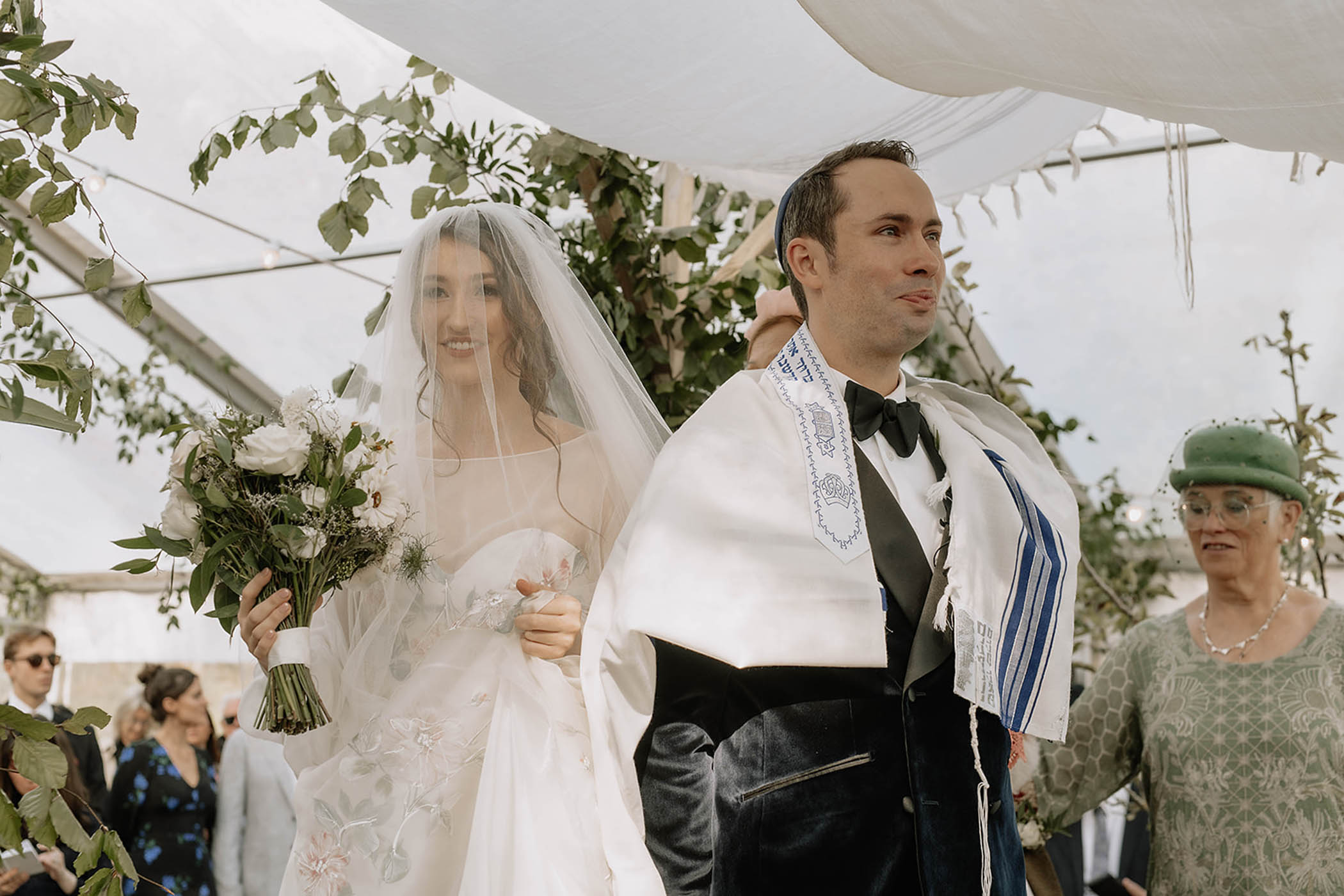“I know that if an architect of unrest were to design a world guaranteed to destroy the mental, spiritual, emotional, imaginative and creative life of human beings, everywhere,” writes Jeanette Winterson in this characteristically pugnacious polemic, “that world would be this one.” Her contention is that the bean-counters and bullies rely on keeping our noses to grindstones both material and metaphysical in order to ensure that the smallest number keep hold of the greatest riches, and that the rest of us fail to notice. The casualty is creativity, and without that, she argues in virtually every line of the book, we are nothing.
She chooses her exemplary material judiciously: One Thousand and One Nights, a collection of folk tales assembled over hundreds of years and with multiple and often unknown origins, is unified by a narrator, Shahrazad (in other tellings spelt Scheherazade), whose life depends on her ability to tell a good story. Nightly, she makes the case for a stay of execution at the hands of the cuckolded sultan Shahryar, whose demented vengefulness has already claimed the lives of scores of blameless women. (The question of what constitutes blame in a wildly asymmetric power structure is also a key preoccupation, repeatedly explored; Winterson is gripped by the variousness of injustice.)
Shahrazad’s stories are not just entertaining, they are kaleidoscopic and richly suggestive, filled with last-minute escapes from death, turned tables, unexpected illumination. Clouds of dust frequently materialise into an outraged Ifrit or an occasionally more reasonable jinn or jinnia, demanding sacrifice from a hapless mortal, who must summon their wits to save their life: trapping a spirit into an unfeasibly tiny bottle, for example, or bartering portions of their blood with passersby.
The vital message that Winterson takes from them is that stories are mutable; that their internal force and complexity allows them to transcend the concept of an ending. A contemporary encounter with one of Shahrazad’s tales, or with Winterson’s favourite play, Shakespeare’s A Winter’s Tale, will provoke different reactions not because we are anachronistically imposing our interpretation but because they have an implicit and dynamic timelessness.
The title has its roots in Winterson’s childhood visit to the pantomime one Christmas, during which the sight of Aladdin reading sparked an affinity with the power of stories to transport (in her case, out of Accrington) and their effects to multiply. And interspersed with Winterson’s energetic readings of One Thousand and One Nights are forays into her own history, some of them familiar from both her fiction and her memoir Why Be Happy When You Could Be Normal?
It is evident why narratives of foundlings, separations, unhappiness and eventual flight compel someone whose childhood experiences included adoption by the grimly evangelical Mrs Winterson, or “Mrs W”. Her appearance on these pages carries with it a continuing sense of push-me, pull-you: she is such a good character that you could read about her for ever, but that’s not the same as living with, or under, her.
The title has its roots in Winterson’s childhood visit to the pantomime one Christmas
The title has its roots in Winterson’s childhood visit to the pantomime one Christmas
Here’s Winterson, by way of illustration, on a simple outing in the company of her mother: “A trip down to the town meant a Dante-style journey through various circles of Hell (on Earth).
“Past Woolworths. ‘A Den of Vice’. Past Marks and Spencer. ‘The Jews killed Christ.’ Past the funeral parlour and the pie shop. ‘They share an oven.’ Past the biscuit stall and its moon-faced owners. ‘Incest.’ Past the pet parlour. ‘Bestiality.’ Past the bank. ‘Usury.’ Past the Citizen’s Advice Bureau. ‘Communists’. Past the day nursery. ‘Unmarried mothers.’ Past the hairdresser. ‘Vanity.’
“I don’t think she had read Jean-Paul Sartre’s play, No Exit, but she would agree with Sartre that Hell is Other People.”
Particularly poignant are Winterson’s compact meditations on the effect of her emerging sexuality. Being a lesbian was, obviously, far beyond Mrs W’s boundaries of the acceptable, but what strikes the author now is that she was forced too quickly to claim her gayness as an identity, to fix it into place while it was still fluid: “For me, it doesn’t feel like I was born this way. It was, and is, a series of choices, and earlier in my life, unconscious choices. Yet the labels were applied faster than my understanding could rip them off.”
Newsletters
Choose the newsletters you want to receive
View more
For information about how The Observer protects your data, read our Privacy Policy
Fluidity is perhaps Winterson’s primary creative ambition, both in terms of her writing and her response to existential dilemmas. Between her impassioned argument for the power of reading – which is persuasive but which also carries with it the sense that she is preaching to the converted – and her personal reflections, comes a determined plea for us to consider the potential of artificial intelligence. Again, this is recognisable from her recent work, although here she further develops and refines her ideas, especially when it comes to the liberation that genderless AI could provide in our volatile and agonised reckoning with biological sex.
Winterson is, however, aware of our limitations, and our reluctance to make peace with the past. “Most people hold on to their viciousness, their delusions, their lust for revenge, their victimhood. You can conjure up a pile of palaces, no problem; dancing girls, flying carpets, treasure chests. How to be human is harder.”
One Aladdin Two Lamps by Jeanette Winterson is published by Jonathan Cape (£18.99). Order a copy from The Observer Shop for £16.14. Delivery charges may apply
Editor’s note: our recommendations are chosen independently by our journalists. The Observer may earn a small commission if a reader clicks a link and purchases a recommended product. This revenue helps support Observer journalism
Photograph of Birmingham Hippodrome’s 1974 production of Aladdin courtesy of Mirrorpix/Alamy



